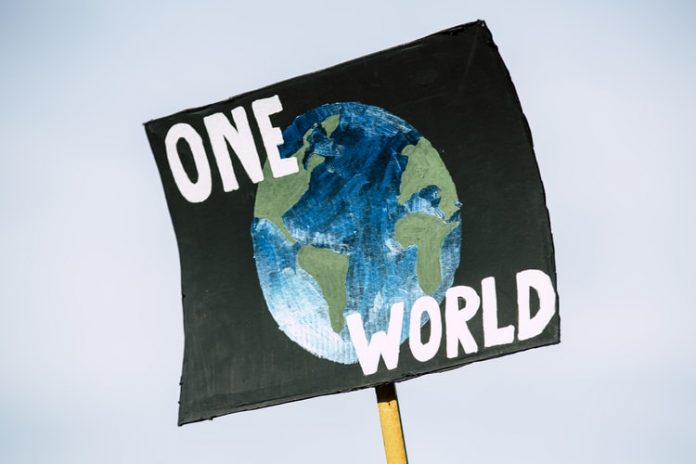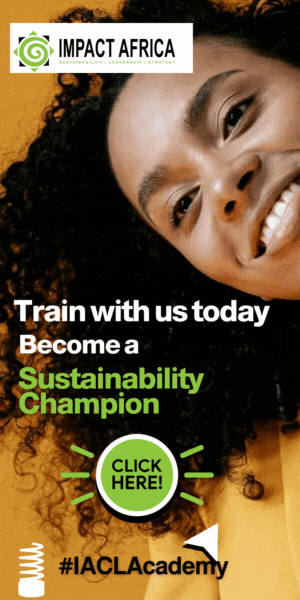COVID-19 hasn’t only raised concern for health. It has also stimulated thought and debate around issues of human rights – including those related to the environment. After all, the emergence of the zoonotic disease has demonstrated that the health of people and planet are one and the same.
All people have the right to a safe, clean, healthy and sustainable environment – pollution-free air and water, land and soil, seas and oceans – and a life free from chemicals.
Pollution claims millions of lives every year. But unlike COVID-19, which has drawn rapid and dramatic attention, pollution is widely dismissed as unavoidable; as a consequence of development and daily life, beyond anyone’s control.
“People may feel powerless. Many of the environmental challenges we face today are the result of deeply-entrenched systems,” explains Arnold Kreilhuber, Acting Director of the United Nations Environment Programme’s (UNEP’s) Law Division. “But rights give people power – and it is more important than ever that we claim these rights.”
This could mean using the law to hold governments and decision-makers to account, or using our purchasing power to influence production trends and business owners. The air we breathe, the water we drink and the world in which we live can mean the difference between life and death. Now is the time to claim the human right to a safe, clean, healthy and sustainable environment.
Says Ben Schachter, Environment and Climate Change Focal Point at the UN Human Rights Office, “States have an obligation to respect, protect and fulfill human rights for all including the rights to participation, access to information and access to justice in environmental matters. These and other human rights empower all people to play an active role in efforts to preserve the environment for present and future generations. We can change the world by exercising our rights and working together to promote informed decision-making about the environment.” Read more…




